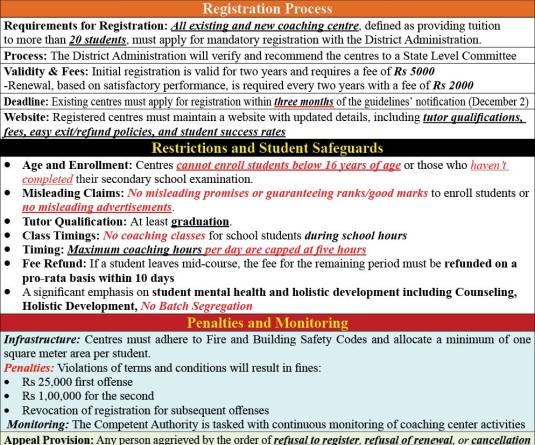
Chizokho Vero
Kohima | October 7
The prospect of higher education in Nagaland looks brighter if the deliberations and suggestions from a seminar on “Evaluation process in Nagaland” held here today, are to be translated into policy. A good turnout of academicians and students’ leaders from various parts of the state has reflected an equal concern on the importance of the evaluation process.
Minister for Higher & Technical Education Dr. Shurhozelie Liezietsu, also a key person for the growth of education in Nagaland, was appreciative of the seminar that it would be an eye-opener for many. As the seminar is the first of kind in the state, Liezietsu felt that the proceedings ought to be recorded and published in the form of a booklet.
Resource person Prof. AK Mishra from the department of Commerce, Nagaland University, said modern education is examination-oriented. He felt that emphasis should be given on the cognitive, analytical and investigative as well as articulation skills of the students through a process of continuous and comprehensive evaluation system. “Examination which should be a part of evaluation system should have the dimensions of testing in depth knowledge as well as creativity,” Prof. Mishra said. The need of the honour is to introduce a broad uniform pattern of evaluation system in Nagaland, he said.
At present, Prof. Mishra said, an end-term annual examination system is being followed by most of the Indian universities. The annual system of examination is only a test of memory of a student and does not comprehensively evaluate the performance. Referring to course curriculum, the teacher said that in a market-oriented economy the state-protected educational system cannot withstand pressure without making it self-competitive. The courses of studies should be designed in such a way that they are flexible enough to incorporate and impart knowledge and skill with minimum time tag.
The teachers or faculties engaged in the college or higher educational institutions need to be conversant with latest developments in designing course-curriculum, evaluation procedures, organization and motivational skills, he said. In fact, he said, every college should have a student-support and guidance cell to act as a liaison for students and the institutional authority.
Referring to academic and administrative infrastructures, Prof. Mishra said proper academic infrastructure with responsible administrative system should be in place to have an effective evaluation and assessment system. “There should be well-equipped laboratories, computer centers, well-developed libraries, with latest research journal etc. There should be faculty exchange programme and more interaction with college and university teachers,” he said.
He also put forward various suggestions that may be introduced in the institutions imparting higher education in the state. Among his many suggestions were to introduce the semester system of examination in lieu of annual system with choice-based credit system in a simpler form; integrated programme encompassing graduate and post-graduate courses in select colleges; undergraduate students taking up industry-related projects; inviting personnel from industries to give extension lectures and also be associated with need-based curriculum development; encouraging industries to be partners with educational institutions directly for the development of human resources; persuading industries belonging to a specific discipline or related discipline to establish state of art research and training centers to develop the necessary specialized manpower.
He also suggested universities and institutions of higher education should design their own websites for offering online education; ICT may be used to set and evaluate papers. “The university should take the lead in revamping the higher education system in co-ordination with state government, college administration industrial sectors as well as well students’ bodies. The academic staff college, college development councils of the university needs to be made fully functional and initiate the process of revamping the higher education of the state,” he said.
Another resource person Dr. RK Behera, Dean of Social Science from Patkai Christian College highlighted various aspects of evaluation “as education is a continuous process, evaluation also has to be continuous.”
Education means all-round development, he said, and comprehensive evaluation takes full care of it. Dr. Behera said the semester system of education is a system which fulfills the criteria and objectives of continuous as well as comprehensive education.
Subscribing education as one of the main agencies for improving a society, he said “it is necessary to evaluate and access the achievement of the students who are the citizens of tomorrow.”





